English not your preferred language? Read this Trend Briefing in: ![]() Français
Français ![]() 中文
中文 ![]() Nederlands
Nederlands ![]() Türkçe
Türkçe ![]() Español
Español ![]() Português
Português ![]() Deutsch
Deutsch ![]() 한국어
한국어
October 2011 | Savvy consumers have never had more opportunities to make the most of their past and future possessions. Food for thought as you gear up for the busy times ahead.
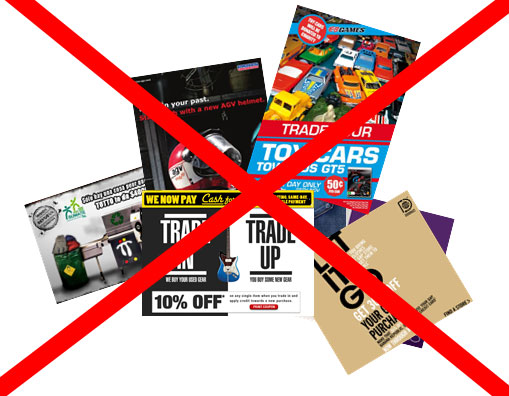
Looking at the myriad ways in which the consumer arena has moved beyond the ‘old’ model of consumption (brands produce, consumers buy), has been a regular feature in past Trend Briefings from GENERATION C(ASH) and C(ONTENT), to SELLSUMERS and OWNER-LESS.
Now, here’s yet another twist on consumers making the most of their assets and possessions:
RECOMMERCE | It’s never been easier for consumers to unlock the value in past purchases*. Novel brand buy-backs, exchange schemes, online platforms and mobile marketplaces offer smart and convenient options for consumers keen to ‘trade in to trade up’, alleviate financial strains (double dips, anyone?), and/or quell environmental and ethical concerns.
Indeed, RECOMMERCE is now increasingly affecting even consumers’ initial purchase decisions. Just as they do when buying a car or a home, consumers are factoring an item's resale value into the cost of ownership for an ever-wider range of purchases.
Check out three drivers behind the RECOMMERCE phenomenon:
- NEXTISM: Consumers will forever crave the new and exciting experiences promised by the ‘next’.
- STATUSPHERE: The growing status boost that comes from being savvy and shopping (environmentally) responsibly.
- EXCUSUMPTION: Cash-strapped consumers embracing creative solutions.
* Consumers have always resold large, durable goods like cars and houses. But now almost anything is ripe for resale, from electronics to clothes, and even experiences. More on that below.
1. NEXTISM

Today’s EXPECTATION ECONOMY has created a consumer class that expect the ‘best of the best’ in every purchase, and these same demanding consumers are also increasingly driven by the here-and-now and a lust to collect as many experiences as possible.
All of which explains the lure of new products, goods and services: improved features, higher quality or updated design promise a novel or enhanced experience, and therefore ultimately a better or more interesting life.
2. STATUSPHERE
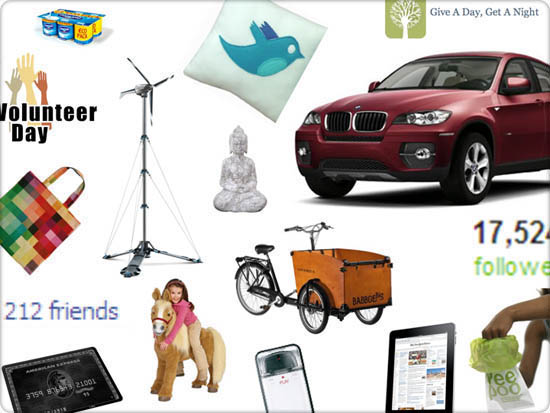
We've long said the search for social status is at the heart of all consumer trends. But the diversification of the STATUSPHERE means that many consumers derive status from more than just ownership of the biggest, fastest or shiniest objects, with ‘new’ status being defined by: acquired skills, generosity, connectedness or eco-credentials.
In fact, growing numbers of consumers get their status fix from being shrewd and savvy, rather than through conspicuous consumption.
Please note however, that this isn’t about complete unconsumption (which will remain alien to the vast majority of consumers), but about a more considered consumerism; where it’s smart to get cash or discounts for old or (un)used items, or to dispose of things responsibly*.
* There are of course a whole host of innovative recycling schemes, but more on them in our upcoming Trend Briefing on ECO-CYCOLOGY!
3. EXCUSUMPTION
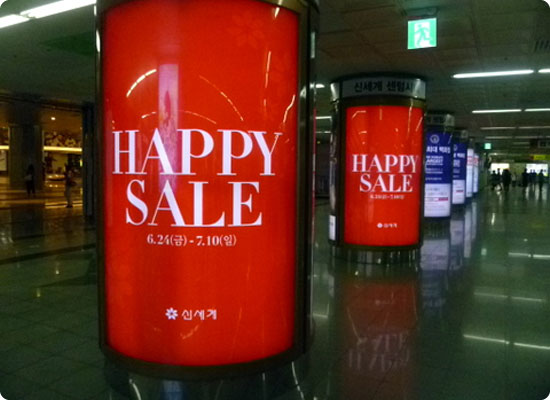
The continued economic instability in the ‘West’, means more and more consumers make do with less and less. Despite this, consumers remain hungry for new experiences, which makes selling, trading, or exchanging old/unused items a perfect excuse for a smart, new, guilt-free purchase. And with (most) consumers in mature economies having had a lifetime of hyperconsumption, there is no shortage of under-used previous purchases.
Then there are also savvy RECOMMERCE-aware consumers (whether hit by the recession or not), who are actively upgrading their consumption: encouraged to purchase or even 'invest' in higher quality or premium brands now, knowing that they can be easily and lucratively (re)sold anyway.
EXAMPLES
So, time to look at three key RECOMMERCE manifestations: brand-led trade-in initiatives, online platforms and mobile marketplaces.
TRADE IN TO TRADE UP
Consumers are more aware than ever that their old products have value, yet loss aversion, the endowment effect (overvaluing one’s own possessions), and the inconvenience of selling mean that consumers are frequently reluctant to sell even seldom-used items.
Which is why brand-led TRADE IN TO TRADE UP initiatives overcome many of these barriers: consumers can quickly and conveniently unlock the value in their old products, while instantly laying their hands on new, improved versions.
Shoppers in fast-moving sectors such as fashion and consumer electronics welcome trade-in programs, as they help offset the prohibitive expense of staying up-to-date with always-desirable new products with ever-shorter life spans, and often ensure that outdated items get reused or recycled.
Just a couple of signs of the times: Gazelle, a US-based electronics trade-in site, bought 2,000 iPads in the hour after Steve Jobs announced the iPad 2. While in July 2011 an Experian survey found that 35% of people were planning to buy an iPhone 5, despite having not even seen it!
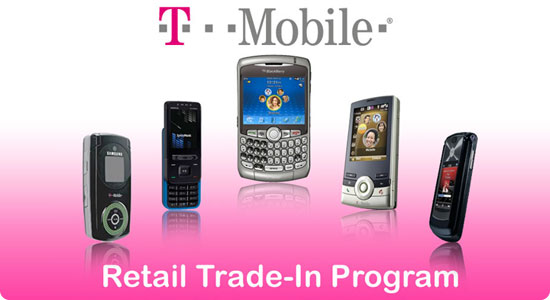
Indeed, almost all electronics brands offer trade-in schemes, and this is increasingly spreading to bricks and mortar retailers too:
- In the US Target, Walmart, RadioShack and Best Buy all have trade-in programs.
- Between August and October 2011, Hewlett-Packard in Brazil offered consumers discounts of up to BRL 200 for customers trading in used printers.
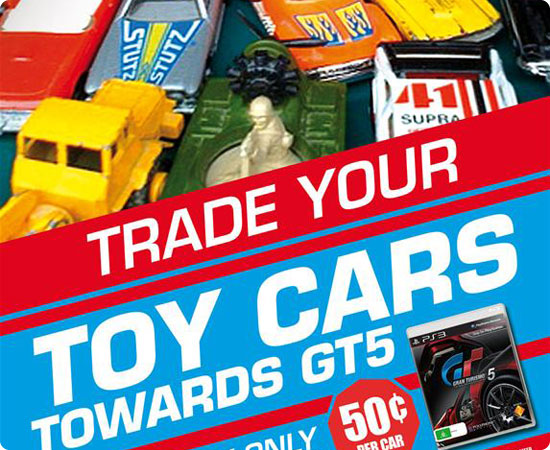
- To celebrate the launch of Gran Turismo 5, Australian videogame retailer EB Games announced they would give customers 50 cents for each toy car brought in, up to a maximum of AUD 10. The retailer then donated the cars to a local charity.
Fashion consumers and brands are also embracing TRADE IN TO TRADE UP programs:
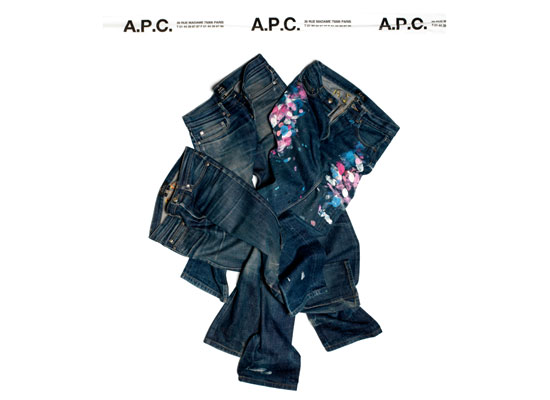
- French label A.P.C. launched the Butler Worn-Out series, where customers who brought in used jeans could trade them for a new pair at half price. The used jeans were repaired, stitched with the initials of the previous owner and resold. The range is so-called because 19th century English aristocrats would have their butlers wear their clothes first, to break them in.
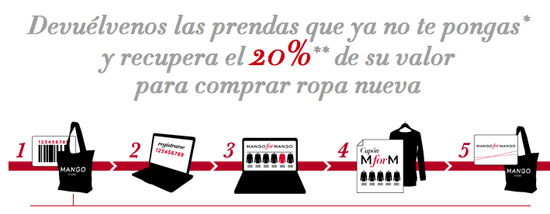
- Spanish fashion retailer Mango launched Mango for Mango in May 2011. Consumers who sign up for the store’s loyalty card, can return items within 12 months of purchase for a 20% discount on new purchases.
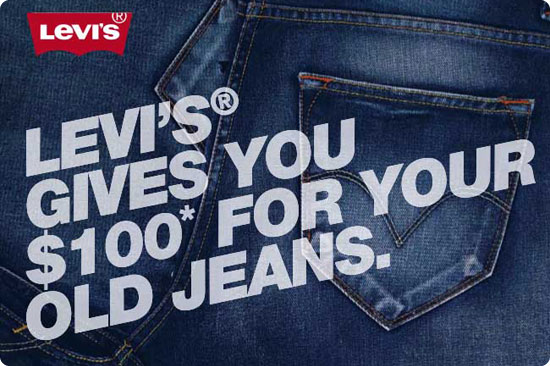
- Levi's Singapore offered customers SGD 100 when they brought in their old jeans and bought a new pair: a SGD 50 discount and a further SGD 50 in vouchers.
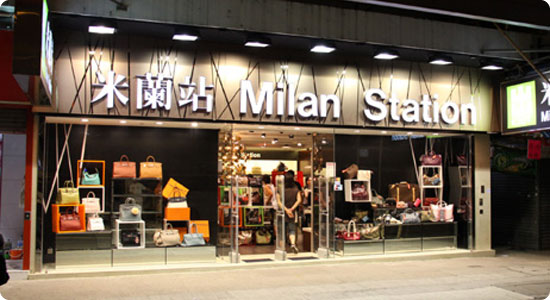
- A sign of the times: May 2011 saw the IPO for Milan Station, the Hong Kong second-hand luxury retailer, more than 2,000 times oversubscribed (via WSJ).
Charity partnerships ensure that donated clothes are appropriately reused, while also displaying some EMBEDDED GENEROSITY:

- Marks and Spencer, the UK department store, partnered with Oxfam to host a one day event in September 2011. Customers were given a GBP 5 voucher for every donation of used M&S clothing, redeemable when spending more than GBP 35 in store. After the event, customers could still receive vouchers when donating M&S clothes at Oxfam stores.
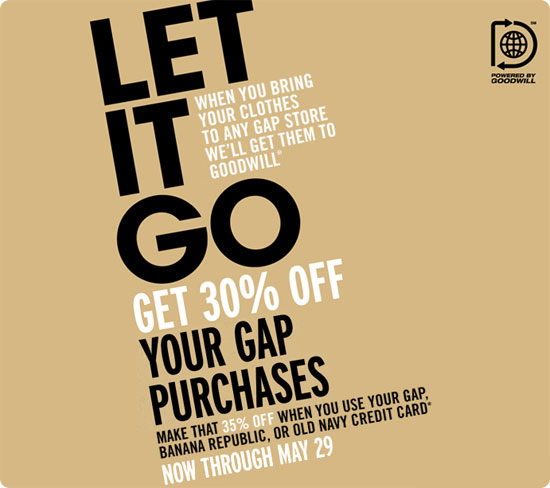
- For 10 days during May 2011, GAP stores in the US and Canada collected clothes for donation to Goodwill. To encourage donations, people who brought in old clothes got vouchers entitling them to 30% off GAP purchases. Shoe brand Puma ran a similar initiative with Soles4Souls from June to July 2010. And at selected stores, donors could win additional prizes.

- In the Philippines, Adidas’ Refresh Your Gear campaign ran during October 2010. Customers could get up to PHP 1,000 off a new pair of shoes after trading in their old ones. Traded-in shoes were donated to HOPE Worldwide.
- Also in the Philippines, leading department store SM launched Surrender Your Jeans in August 2011, offering consumers discount vouchers in return for donated jeans.
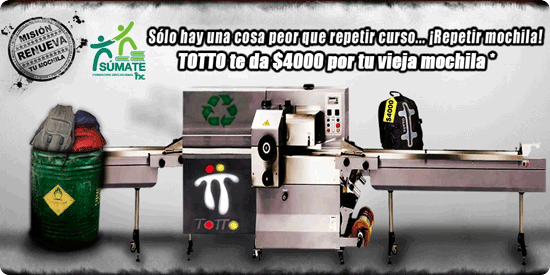
- Totto, a Colombian backpack retailer, launched their 2011 range in Chile with a promotion offering customers a CLP 4,000 discount when they traded in their old bags. Totto matched the donated bags and gave them to charity.
Never miss a Trend Briefing again
And of course, TRADE IN TO TRADE UP is perfectly suited to any industries with high-value, long-lasting products:

- Decathlon, the French sports apparel and equipment store, is launching Trocathlon for a week in October 2011. Stores will buy used equipment in return for coupons valid for six months.
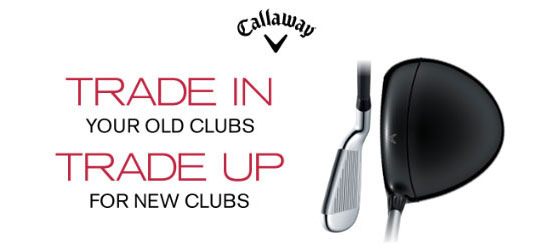
- Callaway, the golf equipment manufacturer’s Trade In! Trade Up! program accepts used clubs, included those from other brands.

- Toys"R"Us held a Great Trade-In event in August and September 2011. Parents could bring in old baby equipment and receive a 25% discount on new purchases. The event was triggered in part by new crib safety standards, and aimed to avoid parents handing down potentially unsafe items.
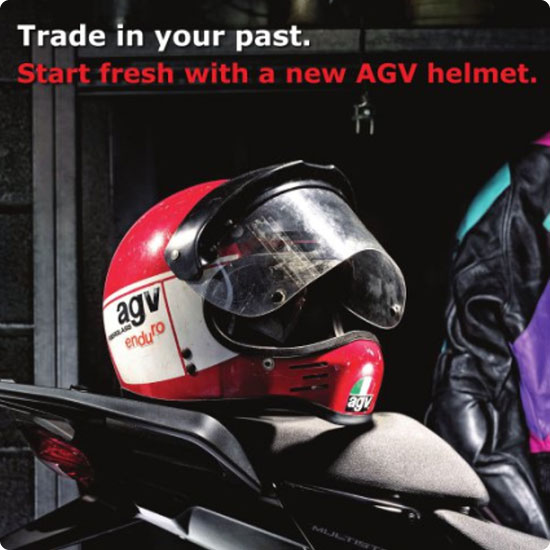
- In May 2011, motorcycle helmet manufacturer AGV launched a program where riders could trade in an old helmet for a 20% discount. The brand said that the program was an opportunity to emphasize the importance of safety, and that riders could bring in old or damaged helmets from any brand.
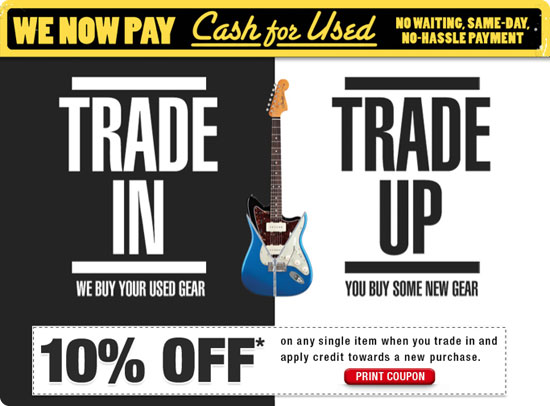
- US-based Guitar Center offer a 10% discount of up to USD 500 for customers bringing in used instruments.
There are, of course, a number of specialist RECOMMERCE bricks and mortar retail concepts, many of which have been around for years:
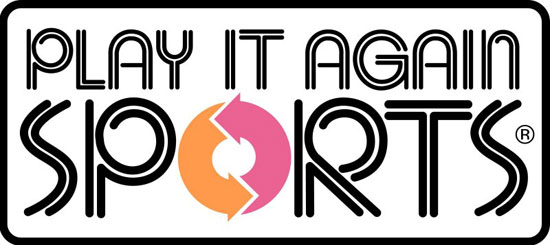
- US-based Winmark Corporation owns a number of dedicated trade-in and second hand brands, including Play It Again Sports, Music Go Round, Once Upon A Child and Plato’s Closet.
Indeed, almost anything be traded in:

- RECOMMERCE met OWNER-LESS when Mission: Comics & Art in San Francisco, launched a graphic novel rental library in August 2011. Readers could either pay for their rentals in cash, or trade-in their old novels for rental points.
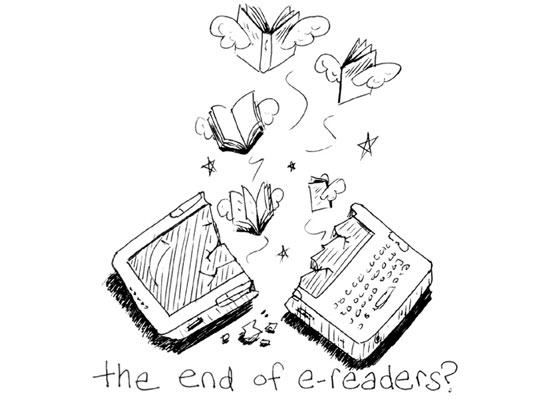
Illustration by Rio Safari
- Since January 2011, Portland’s Microcosm Publishing bookstore has offered customers store credit equal to the full retail value of any Kindle they bring in.
And of course, we couldn’t let this Trend Briefing pass without looking at least two recent innovations in auto RECOMMERCE:

- Citizens of Murcia in Spain who signed up before June 2011 were given lifetime passes for its tram system in exchange for turning over their cars.

- In May 2011, Hyundai rolled out an Assurance Trade-In Value Guarantee scheme, guaranteeing the trade-in value of the vehicle for up to four years; although the program was limited to customers who had had their cars serviced at a Hyundai dealership.

CASHING IN
Of course eBay, Amazon and Craigslist have dominated traditional RECOMMERCE for years, yet online P2P marketplaces continue to innovate and attract new audiences:
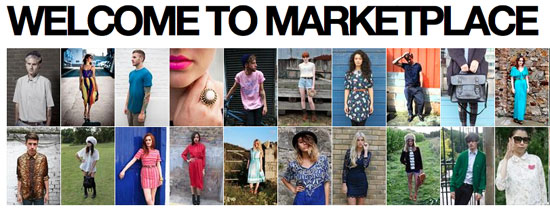
- Online fashion brand ASOS launched Marketplace in November 2010, allowing fashionistas from around the world to sell their clothes. The site encourages users to photograph their item's ‘street style’.
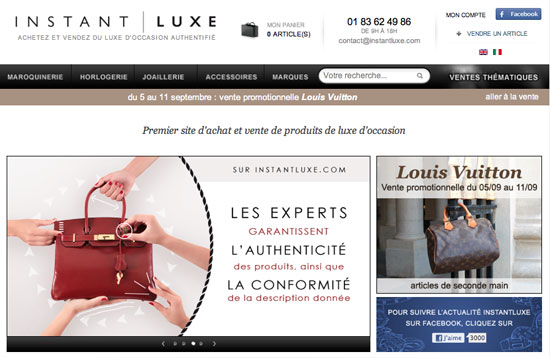
- French site Instant Luxe sells pre-owned luxury designer goods. However, rather than connecting buyers and sellers directly, the site requires sellers to send items to their moderators, who appraise and authenticate them.
- Vestiaire de Copines, another French site, offers a similar service. Users can follow people who regularly sell clothes they like, and ask them questions about items via the site.

- As part of their Common Threads Initiative, Patagonia the US outdoor gear brand, partnered with eBay in September 2011 to launch an official marketplace where customers can buy and sell used goods.
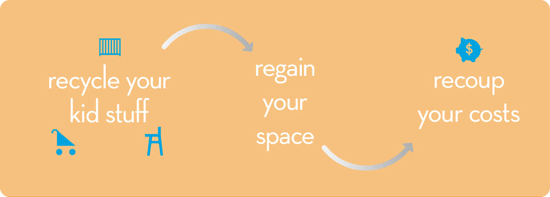
- Children’s clothes and goods are a natural RECOMMERCE winner, as Recrib and StorkBrokers show.

- The Professional Golf Association’s Value Guide uses marketplace data from eBay to give an estimated price for used clubs.
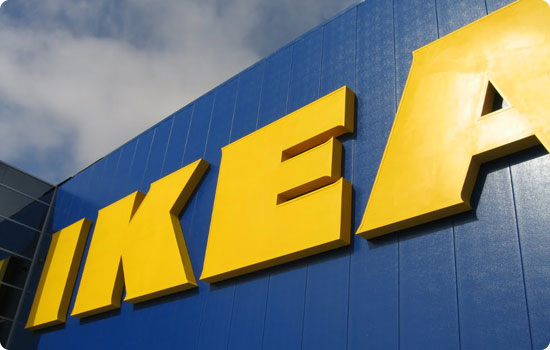
- IKEA started selling second-hand furniture online in Sweden in August 2010, with plans to roll out to other markets if successful. IKEA Family members can list and buy items for free.

- Gazelle for Good is an initiative from gadget recycler Gazelle that helps non-profits raise funds, by asking supporters to donate their old electronics.
RECOMMERCE opportunities aren't restricted to physical goods: services are game too. Case in point: the daily deal phenomenon. As over 20% of offers are never redeemed (Source: Rice University, June 2011), smart start-ups are already enabling consumers to resell their coupons.

- US-based DealsGoRound allows users to resell and buy past Groupon, LivingSocial, and BuyWithMe deals. The site also launched an iPhone app during March 2011, to enable users to trade on the go.

- Alternatives in the US include Lifesta, CoupRecoup, Dealigee and Sell My Deal, while Deal Supermart and Kuponomi are based in Singapore and Turkey respectively.
MOBILE MARKETPLACES
While online platforms will forever have a place in the RECOMMERCE landscape, convenience-loving consumers will embrace the speed, spontaneity and instant gratification of mobile marketplaces. Buying and selling via mobile fits in with consumers’ active lifestyles. Whilst hyperlocal marketplaces remove the hassle of postage, as buyers and sellers can easily meet up.
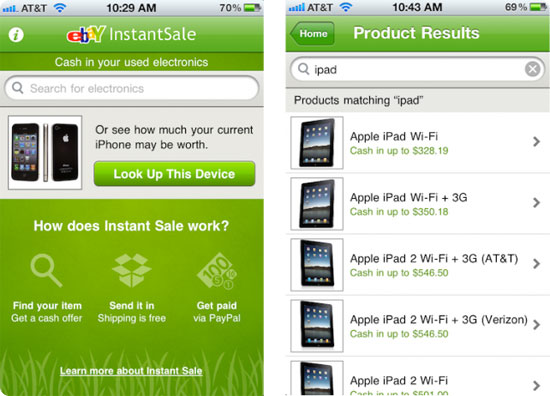
- eBay’s Instant Sale mobile app allows users to sell old gadgets back to the company. The iOS version released in August 2011, automatically detects the device and generates a price. The site has had more than 4.3 million offers since launching the initiative in October 2010.
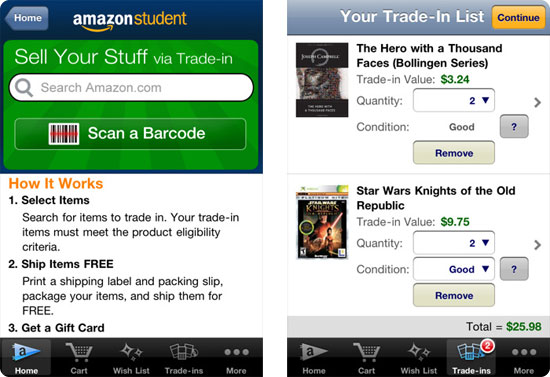
- Amazon Student released in August 2011, enables students to scan the barcodes of books, DVDs, games or electronics they own, and see the trade-in price. If accepted, a shipping label is generated, and the funds awarded as an Amazon gift card.
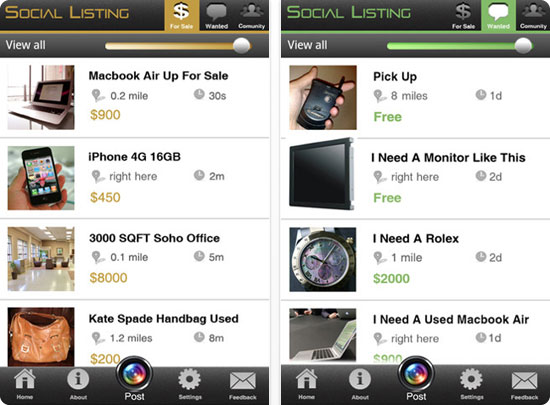
- Launched in June 2011, Taap.it is an app available in the US which shows users classified ads around their location, connecting local users looking to buy or sell items.
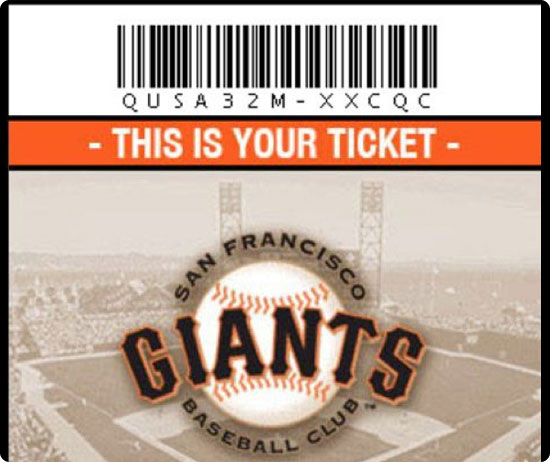
- StubHub, the secondary ticket marketplace, added mobile ticket functionality to their app in August 2011, meaning that users can resell and buy tickets right at the event, even without access to a printer.
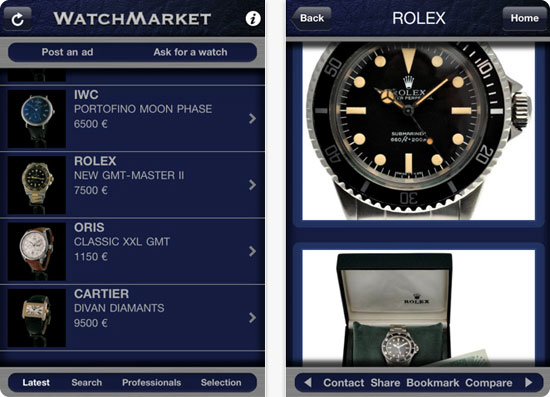
- Swiss based developer Boom Mobile launched WatchMarket in July 2011, a luxury watch trading app.
IMPLICATIONS & OPPORTUNITIES
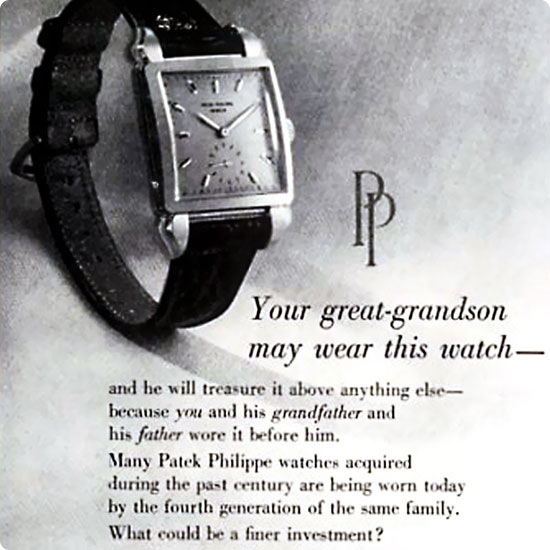
Courtesy via Patekwatch.blogspot.com
Is RECOMMERCE a ‘new’ mega trend that’s going to transform your business completely? No. But on-the-ball readers will already be brimming with ideas about how they can apply the insights in this Trend Briefing to their businesses tomorrow (and certainly in the run up to the holiday season). By helping people realize the value in past purchases in such a way that is not only gratefully appreciated (there's a big feel-good factor to RECOMMERCE that fits well with the call for more 'human' brands), but also generates sales and profits. Which, we imagine, should be music to all business people’s ears right now.
And RECOMMERCE also offers opportunities for brands that want to escape the race to the bottom, where promoting items' long-term value will help consumers stomach paying higher prices. Something that luxury brands have long understood, witness the Patek Philippe advert above, which dates from 1949(!).
Oh, and true entrepreneurs will of course already be setting up their very own RECOMMERCE service (everything from authentication to valuation to platform services), further expanding the already fast growing RECOMMERCE eco-system.
Next? Our next free Trend Briefing will hit your inbox on 31 October, so make sure you’re subscribed. Until then, good luck and enjoy!

